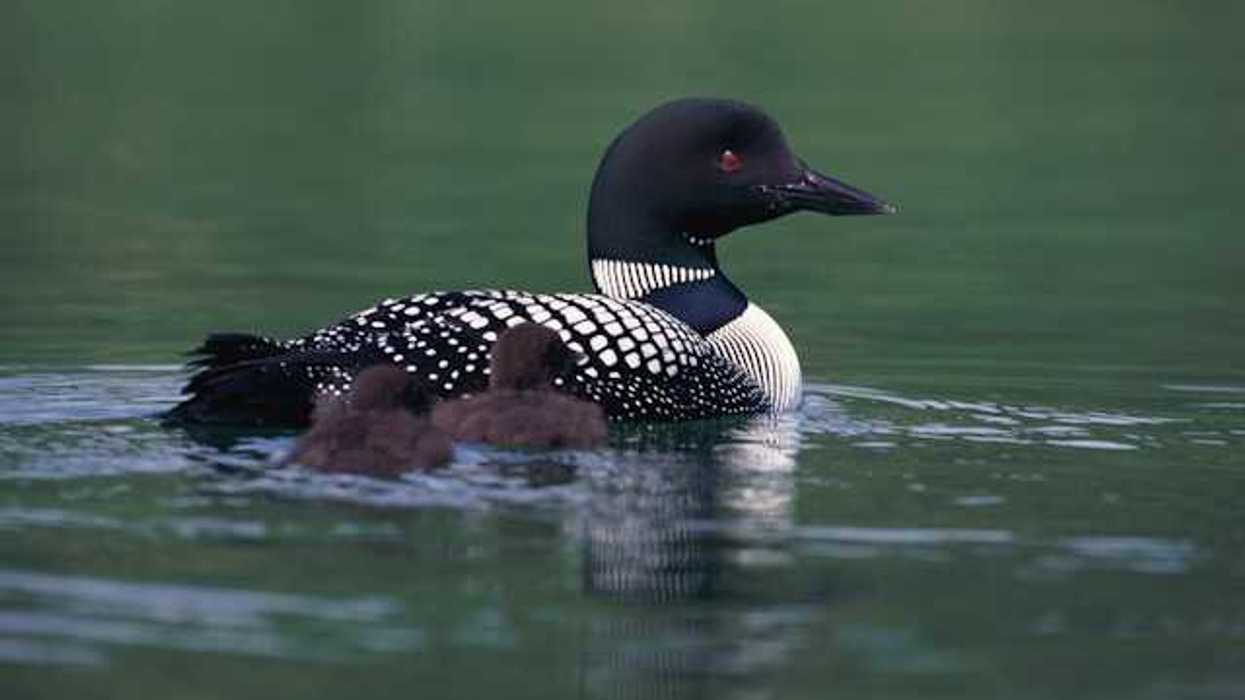The U.S. Environmental Protection Agency has banned Dacthal, a pesticide linked to reproductive and fetal harm, after decades of delays and mounting evidence of its dangers.
Siri Chilukuri reports for Mother Jones.
In short:
- Dacthal has been used since the 1950s, despite being classified as a potential carcinogen in 1995.
- The EPA's decision follows years of delays, partly due to the manufacturer's slow data submission.
- The pesticide is especially harmful to pregnant farmworkers and has been banned in the EU since 2009.
Key quote:
“We’re happy that they’re going to suspend it.That’s a really big step, because I think it’s been 40 years since EPA has taken a step like that to suspend a pesticide.”
— Jeannie Economos, coordinator of the Pesticide Safety and Environmental Health Program of the Farmworker Association of Florida
Why this matters:
Dacthal’s ban highlights the challenges in U.S. pesticide regulation, where harmful chemicals often remain in use long after evidence of their dangers emerges. Pregnant farmworkers and vulnerable communities have been especially at risk.














